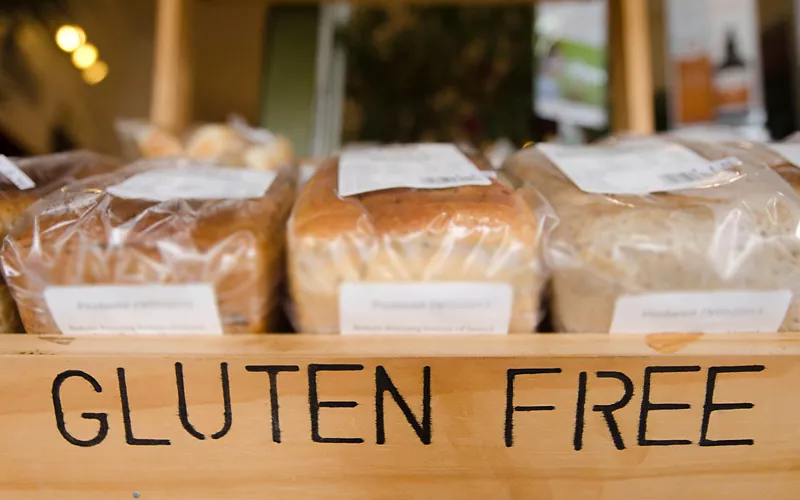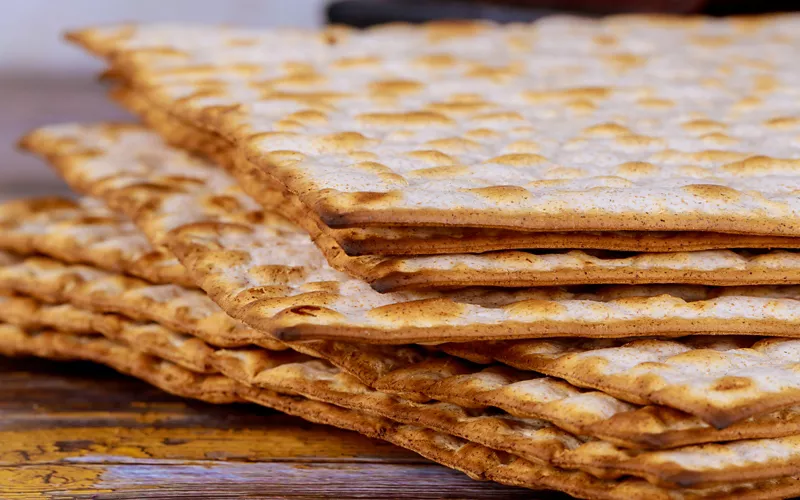Food allergies and intolerances: a guide to choosing accommodation
3 minutes
Fear not: if you are on a special diet and are having difficulty because you do not know how to make a choice about the type of accommodation you will be staying in, we will try to give you some useful advice and guide you through the steps to take. Just follow a few simple procedures carefully.
Food allergies and intolerances: what they are and how they manifest themselves

Before presenting you with what can be considered a handbook for tourists with food-related ailments, we should clarify things a little and establish a distinction between food intolerances and allergies.
There is often a tendency to confuse the two and, although there are official sites to refer to, the absence of specific guidelines leads to the circulation of misleading information. Neither the mechanisms underlying adverse reactions to food, nor the clinical symptoms, diagnosis and tests used to carry them out are completely unequivocal.
Food intolerances, which are more common than allergies, do not stem from the immune system, but are reactions caused either by components of a food (in which case they are called pharmacological intolerances), or by the lack of an enzyme in the body that metabolises a component of that food (enzyme intolerance), or by the presence of certain additives in food. They manifest themselves with intestinal symptoms and rarely affect other organs. The two most common causes of food intolerance are lactose and gluten.
Allergies, on the other hand, involve the immune system, as they are caused by antibodies reacting to certain proteins contained in food. Although they originate from allergens taken in through food, in most cases they present with the same symptoms as other allergic forms, such as hives and itching, swelling of the lips and other parts of the body, obstruction of the larynx and asthma.
Food allergies can occur with any food, however they are most frequently triggered by the intake of cow's milk, eggs, peanuts and nuts in general, shellfish and soya.
A handbook for tourists with adverse food reactions: how to eat safely

Having made the necessary clarifications, let's now look at what precautions you should take once you arrive at your chosen accommodation if you suffer from food allergies or intolerances.
The first step is always to talk to the owners and managers of restaurants, bars and other food and drink venues. They will have to provide you, in detail, with precise information on the ingredients of what you will consume, and ensure that there are no allergens in the food and drinks prepared.
It is important to choose catering establishments that have knowledge of the different types of diets and what each one requires.
In the case of pre-packaged food, read the labels carefully: the relevant legislation refers to European Regulation No. 78/2014, highlighting the 14 allergens that must be displayed on the labels or visible within the restaurant.
In some food or catering establishments, the list of ingredients in the form of pictograms, with a legend, showing the presence of allergens, is also helpful.
Put your trust in restaurants that include information about intolerances and special diets both on the menu and on the company website.
Kosher food and restaurants: the 'solution' for lactose intolerance

For those suffering from lactose intolerance or allergies, help may come from the Kosher tradition: the Jewish religion separates meat-based foods from dairy foods, both in consumption and storage, and provides for the production of numerous parve desserts, i.e. without milk and animal derivatives.
Surprisingly, Kosher food also lends itself to other types of intolerances: if, for example, you have problems with yeast, the traditional unleavened bread, the Matzah, is a perfectly safe food. Beware, however, if you are looking for food for coeliacs.
A new culinary frontier for satisfying taste and appetite without worrying about possible reactions of the body, finding a Kosher bakery or pastry shop that produces parve dishes will not only allow you to eat without worrying about those cream or butter-based products such as pastries, croissants, brioche, dry pastries, mignons, cupcakes and so on, but will also nudge you towards the savoury, opting for restaurants that are careful and strict in their choice of ingredients for seasoning the various dishes.
Halal cuisine and food allergies: a potential match

The spread of new food allergies is prompting an increasing number of people to turn to different forms of cuisine, such as Halal.
Involving foods that respect the dictates of the Muslim religion, this type of food is increasingly associated with organic, vegetarian, GM-free food and products that have not been tested on animals.
Since it is absolutely forbidden to eat what is spoiled and contaminated with illicit substances or impurities, it is a cuisine that accommodates those who suffer from food intolerances.
You will find many Halal or muslim-friendly restaurants around Italy.






















